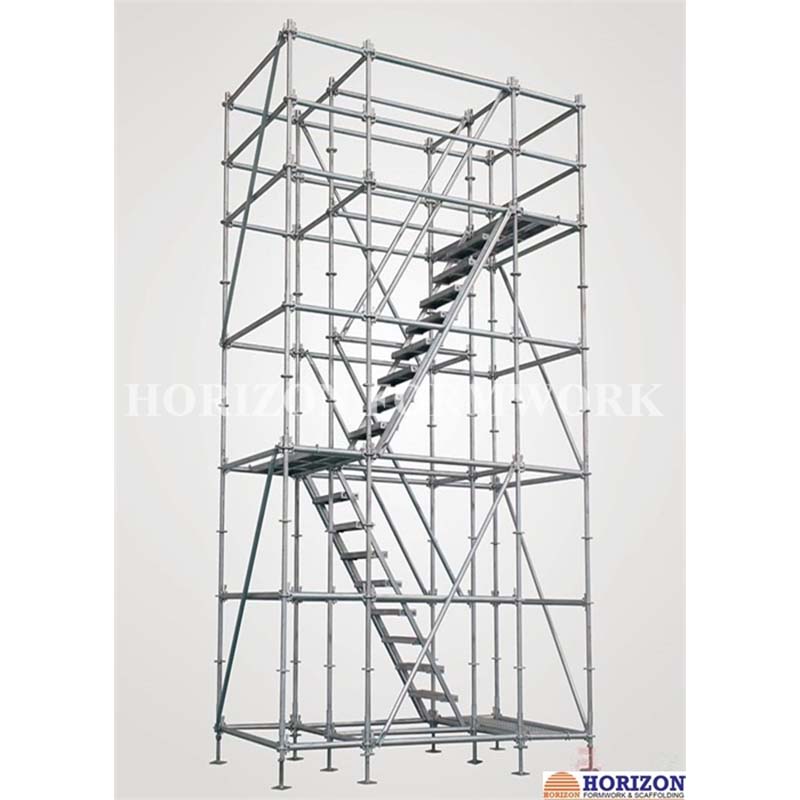Aug . 05, 2024 21:35 Back to list
Innovative OEM Steel Formwork Solutions for Efficient and Cost-Effective Construction Projects
The Advantages of OEM Steel Formwork Systems in Construction
In the modern construction industry, efficiency, durability, and precision are paramount, and one of the essential tools that contribute to achieving these goals is the steel formwork system. Original Equipment Manufacturer (OEM) steel formwork systems have become increasingly popular due to their ability to deliver high-quality construction solutions. This article will explore the various advantages of using OEM steel formwork systems, emphasizing their impact on construction projects.
1. Enhanced Durability
One of the standout features of OEM steel formwork systems is their durability. Made from high-grade steel, these formworks are designed to withstand the rigors of construction activities. Unlike traditional wooden formwork, which can warp, crack, or degrade over time, steel formwork maintains its structural integrity for many repetitions. This durability results in fewer replacements and repairs, leading to cost savings in the long run.
2. Cost-Effectiveness
While the initial investment in OEM steel formwork may be higher compared to other materials, the overall cost-effectiveness becomes evident over time. Steel formwork can be reused multiple times, significantly reducing the material costs associated with each project. Additionally, its lightweight design decreases transportation and labor costs, making it a practical choice for construction companies looking to optimize their budgets.
3. Precision and Quality
OEM steel formwork systems are manufactured to precise specifications, ensuring that the forms fit together seamlessly. This precision results in higher quality concrete finishes, reducing the need for extensive post-construction adjustments. As a result, projects can be completed faster, and the likelihood of structural issues arising from misaligned forms is minimized. Construction managers can have confidence that the final product will meet or exceed industry standards.
oem steel formwork system

4. Environmental Sustainability
In an age where sustainability is a pressing concern, OEM steel formwork systems provide an environmentally friendly option. Steel is recyclable, and its use reduces the demand for timber, which is often sourced from deforested areas. Furthermore, the long lifespan of steel formwork decreases the frequency of disposal, contributing to lower waste generation in construction sites. Many OEM manufacturers are also adopting green practices, further enhancing the sustainability of their products.
5. Versatility
OEM steel formwork systems are highly versatile and can be adapted to a wide range of construction applications, including residential, commercial, and industrial projects. They can be customized to form various shapes and sizes, allowing architects and engineers to implement complex designs with ease. From high-rise buildings to bridges, the versatility of steel formwork caters to the needs of various construction sectors.
6. Safety
Safety is a critical consideration in construction, and the use of OEM steel formwork contributes to a safer working environment. The robust nature of steel forms means they are less likely to collapse or shift during the pouring of concrete, reducing the risk of accidents. Moreover, the lightweight design allows for easier handling, minimizing the potential for injuries related to heavy lifting.
Conclusion
The integration of OEM steel formwork systems into construction practices offers several advantages that enhance project efficiency, reduce costs, and improve overall safety. As the construction industry continues to evolve and embrace innovative technologies, the demand for durable and versatile solutions like steel formwork is likely to grow. By choosing OEM steel formwork, construction companies can ensure they are investing in a solution that not only meets current industry standards but also contributes to a more sustainable and economically viable future.
-
Ringlock Scaffolding: Strong, Safe & Efficient Solutions
NewsAug.27,2025
-
OEM Column Formwork: Circular, Curved & Inclined Solutions
NewsAug.26,2025
-
Premium Scaffolding Jacks: Stable, Adjustable & Durable
NewsAug.25,2025
-
OEM Wall Formwork & Shuttering: Flexible & Curved Solutions
NewsAug.24,2025
-
Adjustable Heavy Duty Props for Slab Formwork | Strong & Reliable Support
NewsAug.23,2025
-
Adjustable Heavy Duty Props for Slab Formwork - Strong & Safe Support
NewsAug.22,2025